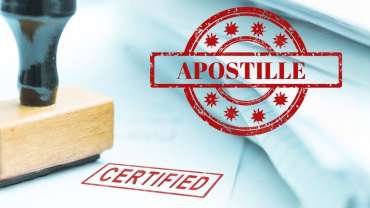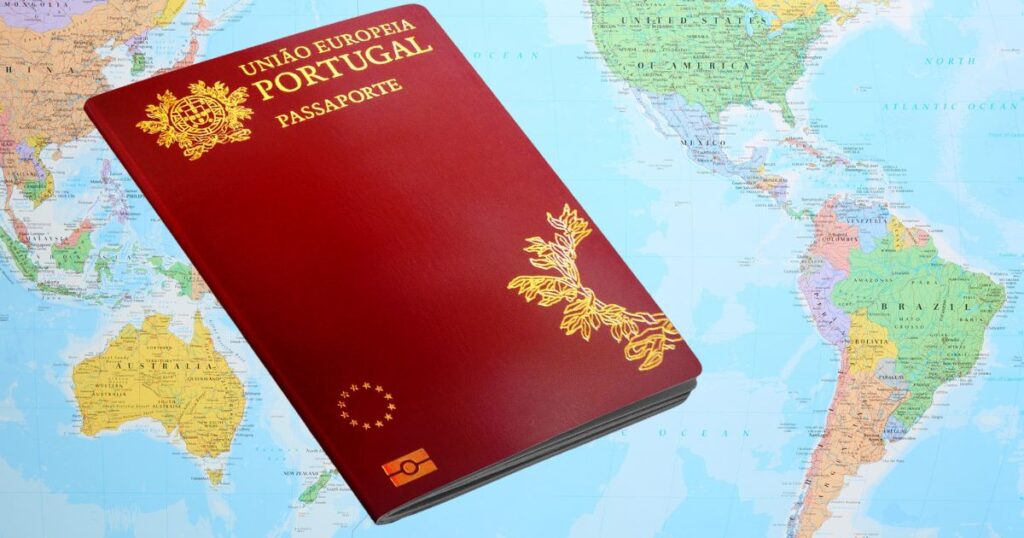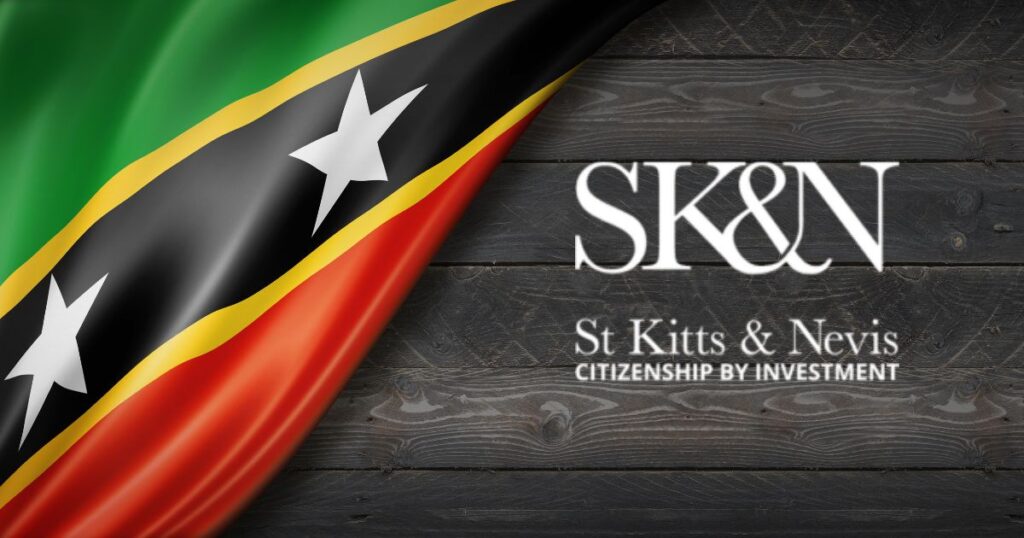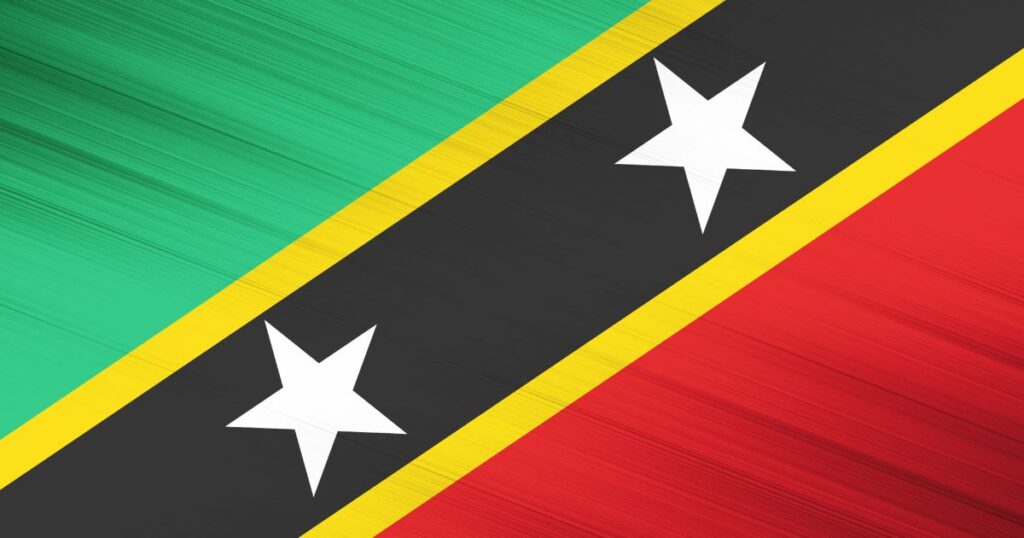Apostille and Legalisation are two important document certifications you should know about. Without either of these, any document you present abroad, will simply be invalid and turned down.
Whether you get apostille or legalisation depends on the country the documents originate and the originating country is a party and non-party to Hague convention.
Take a look below
Apostille
An Apostille is a certificate issued under the Apostille Convention authenticating the origin of a public document.
“Apostille” and “apostiller” dates back to the end of the 16th century in France; they were included in the first edition of the Dictionary of the Académie française in 1694,
Public documents issued in one country may not be accepted or recognized by another country abroad. It would simply not possible to trust or authenticate such ‘naked’ documents. To solve this problem, Convention of 5 October 1961 Abolishing the Requirement of Legalisation for Foreign Public Documents was signed by several nations, for uniform document acceptance.
Apostilles replace a long and costly legalisation process with the issuance of a single Apostille certificate, issued by one single competent authority. Every year millions of apostilles issued by 110 contractual states of the Hague convention.
An Apostille does not certify the content of the public document to which it relates. An Apostille only certifies the origin of the public document to which it relates: it certifies the authenticity of the signature or seal of the person or authority that signed or sealed the public document and the capacity in which this was done.
It is impossible to avoid apostilles these days, when you want to present important documents abroad.
Public documents
Public documents means documents issued by a public authority, such as:
- Civil status records (e.g. documents relating to birth, death, marriage and registered partnership)
- Documents relating to residence, citizenship and nationality
- Documents relating to legal status and representation of a company or other undertaking;
- Documents relating to intellectual property rights;
- Documents proving the absence of a criminal record.
Here is another detailed list
- documents emanating from a court or a court official;
- administrative documents;
- notarial acts;
- official certificates placed on private documents;
- diplomatic and consular documents.
- birth certificate
- a person being alive
- death certificate
- name
- marriage, including capacity to marry and marital status
- divorce, legal separation or marriage annulment
- registered partnership, including capacity to enter into a registered partnership and registered partnership status
- dissolution of a registered partnership, legal separation or annulment of a registered partnership
- parenthood
- adoption papers
- commercial invoices
- transcripts,
- translations
- diplomas, certificates
- affidavits
- background check reports (local, police, FBI)
- domicile and/or residence
- nationality certificate
- passport copy and driving license
- absence of a criminal record
- the right to vote and stand as a candidate in municipal elections and elections to the European Parliament.
Sample
Here is a sample of apostille.
How long it takes?
Apostilles are issued on the same day in most cases.
How much it costs?
The costs of apostille varies from country to country ($25 to $100). Service providers charge additional cost.
Where to get Apostille?
The competed authorities in these countries will issue apostille. You can also download full list of authorities pdf format for your future reference.
- Albania
- Andorra
- Antigua and Barbuda
- Argentina
- Armenia
- Australia
- Austria
- Azerbaijan
- Bahamas
- Bahrain
- Barbados
- Belarus
- Belgium
- Belize
- Bolivia
- Bosnia and Herzegovina
- Botswana
- Brazil
- Brunei Darussalam
- Bulgaria
- Burundi
- Cabo Verde
- Chile
- China (Hong Kong)
- China (Macao)
- Colombia
- Cook Islands
- Costa Rica
- Croatia
- Cyprus
- Czech Republic
- Denmark
- Dominica
- Dominican Republic
- Ecuador
- El Salvador
- Estonia
- Eswatini
- Fiji
- Finland
- France
- Georgia
- Germany
- Greece
- Grenada
- Guatemala
- Guyana
- Honduras
- Hungary
- Iceland
- India
- Ireland
- Israel
- Italy
- Jamaica
- Japan
- Kazakhstan
- South Korea, Republic of
- Kosovo
- Kyrgyzstan
- Latvia
- Lesotho
- Liberia
- Liechtenstein
- Lithuania
- Luxembourg
- Malawi
- Malta
- Marshall Islands
- Mauritius
- Mexico
- Monaco
- Mongolia
- Montenegro
- Morocco
- Namibia
- Netherlands
- New Zealand
- Nicaragua
- Niue
- Norway
- Oman
- Palau
- Panama
- Paraguay
- Peru
- Philippines
- Poland
- Portugal
- Republic of Moldova
- Republic of North Macedonia
- Romania
- Russian Federation
- Saint Kitts and Nevis
- Saint Lucia
- Saint Vincent and the Grenadines
- Samoa
- San Marino
- Sao Tome and Principe
- Serbia
- Seychelles
- Slovakia
- Slovenia
- South Africa
- Spain
- Suriname
- Sweden
- Switzerland
- Tajikistan
- Tonga
- Trinidad and Tobago
- Tunisia
- Turkey
- Ukraine
- United Kingdom
- United States of America
- Uruguay
- Uzbekistan
- Vanuatu
- Venezuela
What do I do if a country is not a party to the Apostille Convention?
If your public document was issued or is to be used in a country where the Apostille Convention does not apply, you should contact the Embassy or a Consulate of the country where you intend to use the document in order to find out what your options are. You probably had to do legalisation.
Legalisation
Legalization is the process of authenticating or certifying a legal document so a foreign country’s legal system will recognize it as with full legal effect. It is carried out in 3 steps
- Verification by the government of the issuing country
- Verification by the Embassy of the destination country within the issuing country
- A final verification of all steps within the destination country itself
Non-Hague countries
These countries are not part of hague convention and thus documents originating in these countries require legalization
-
Afghanistan
-
Algeria
-
Angola
-
Bangladesh
-
Benin
-
Burkina Faso
-
Cambodia
-
Cameroon
-
Canada
-
Chile
-
China P.R
-
Congo Republic
-
Congo Democratic
-
Ivory Coast
-
Cuba,
-
Egypt
-
Eritrea
-
Ethiopia
-
Ghana
-
Guinea
-
Haiti
-
Indonesia
-
Iran
-
Iraq
-
Jamaica
-
Jordan
-
Kenya
-
Kuwait
-
Laos
-
Lebanon
-
Libya
-
Macedonia
-
Madagascar
-
Malaysia
-
Mali
-
Mauritania
-
Mozambique
-
Myanmar Burma
-
Nepal
-
Niger
-
Nigeria
-
Pakistan
-
Palestine
-
Philippines
-
Qatar
-
Rwanda
-
Saudi Arabia
-
Senegal
-
Sierra Leone
-
Singapore
-
Sri Lanka
-
Sudan
-
Syria
-
Taiwan
-
Tanzania
-
Togo
-
Thailand
-
Turkmenistan
-
United Arab Emirates
-
Uganda
-
Vietnam
-
Yemen
-
Zambia
-
Zimbabwe
e-Apostille
Due to Covid, many countries are working on e-Apostilles towards a new digital future. Some of them maintain e-Registers
The electronic Apostille Programme (e-APP) was launched in 2006 to support the electronic issuance and verification of Apostilles around the world.
If you have any questions, please check with the lawyer who specializes in international law.





